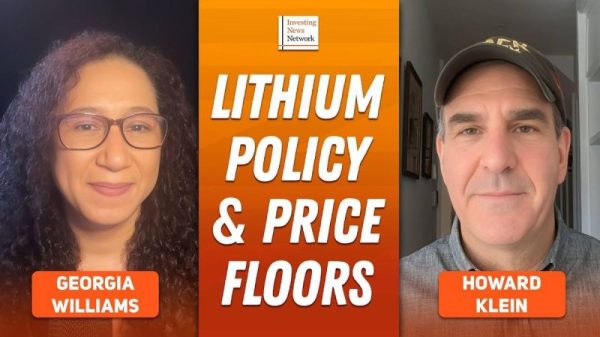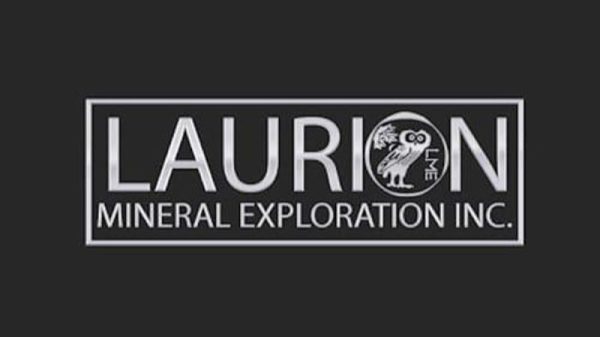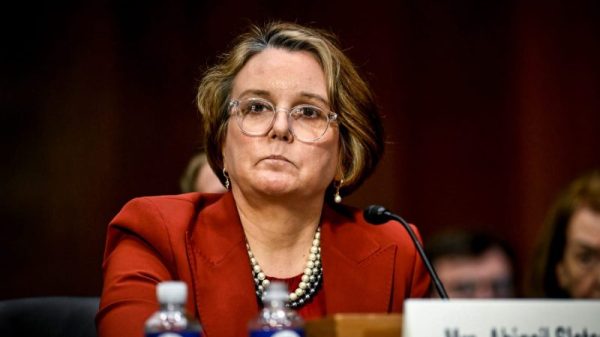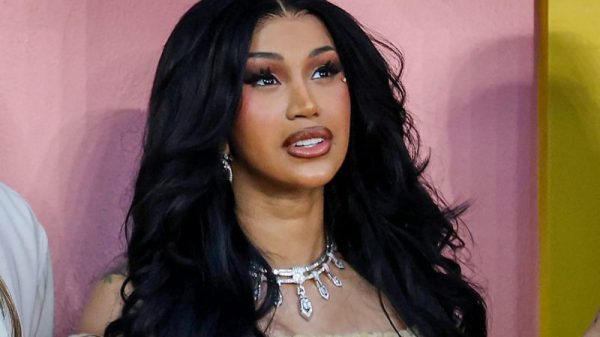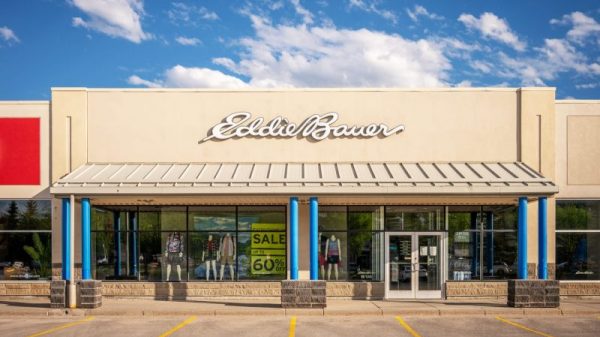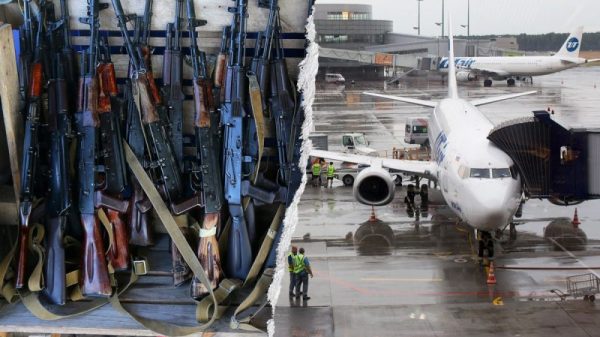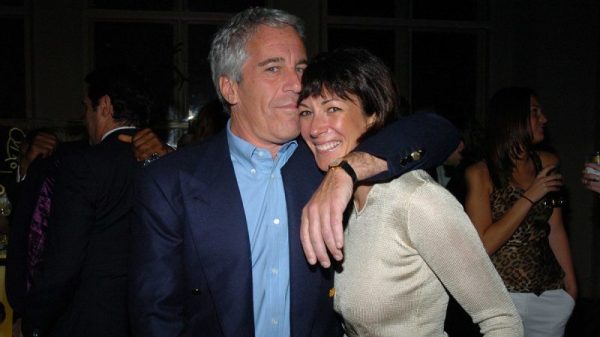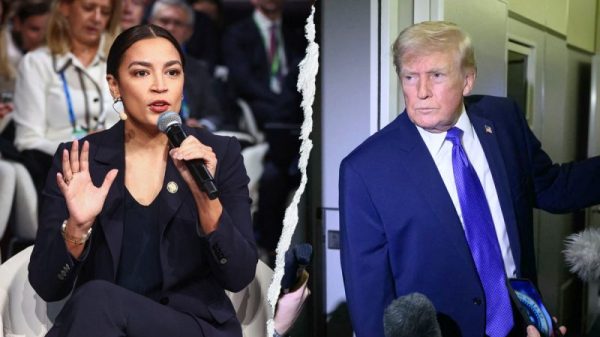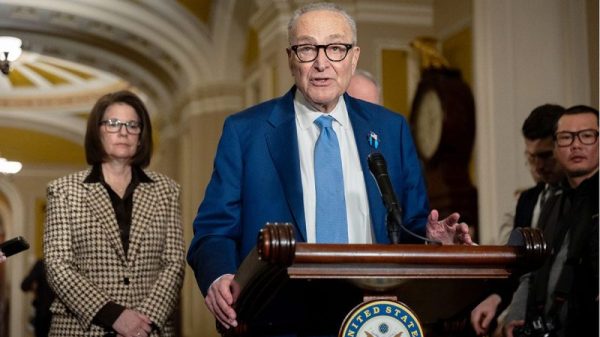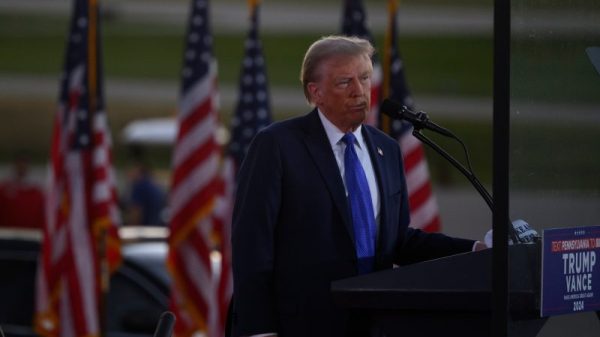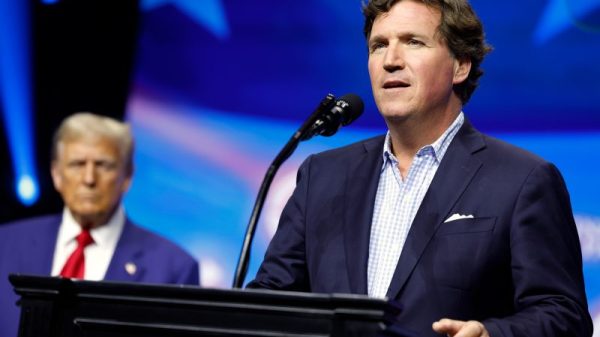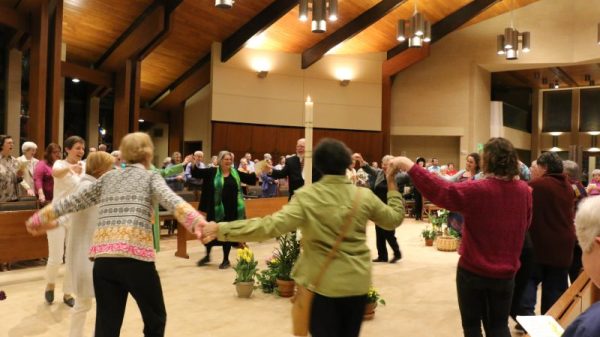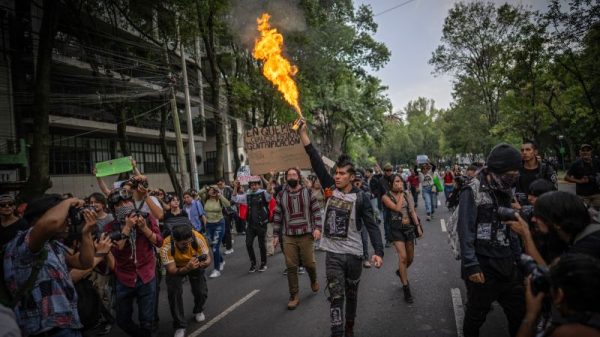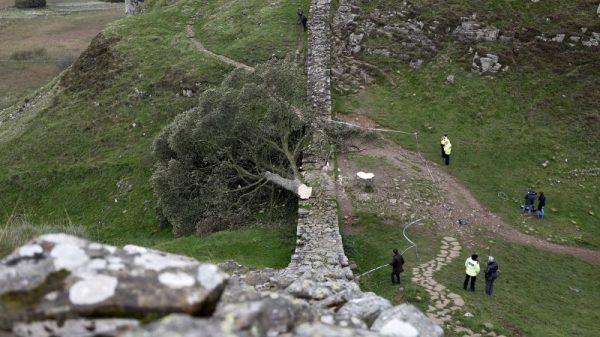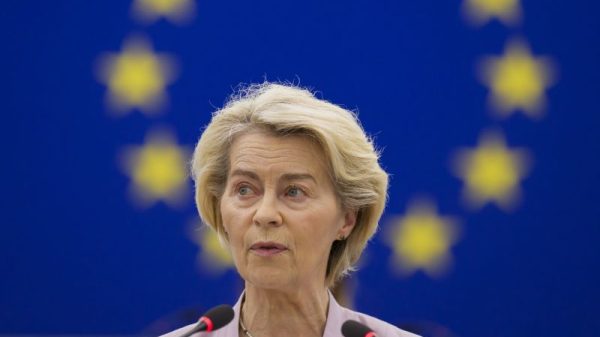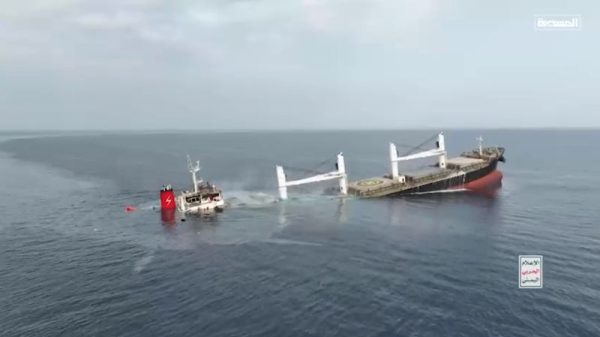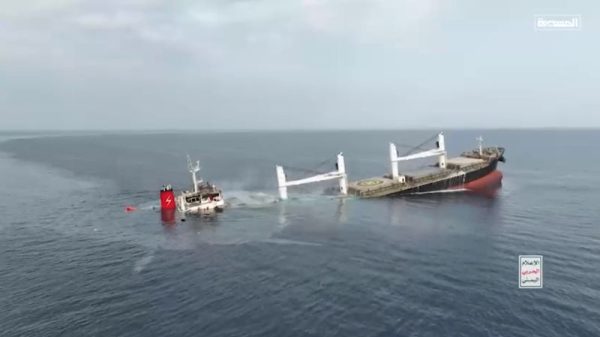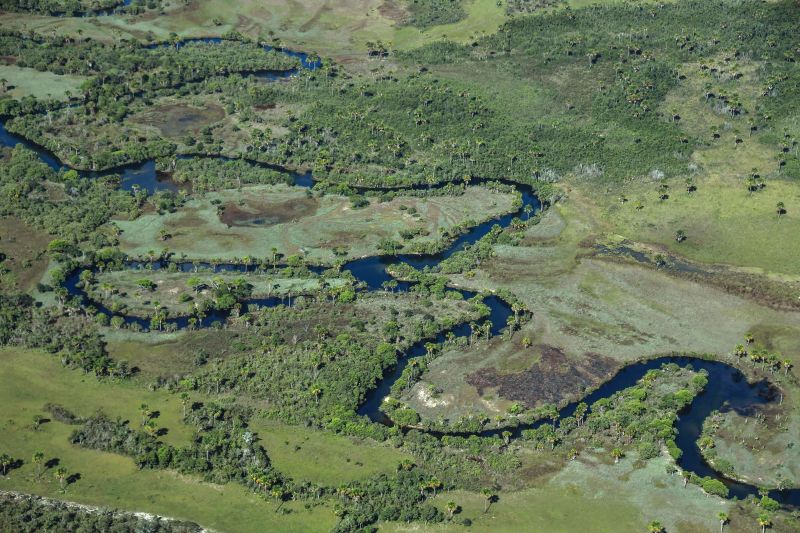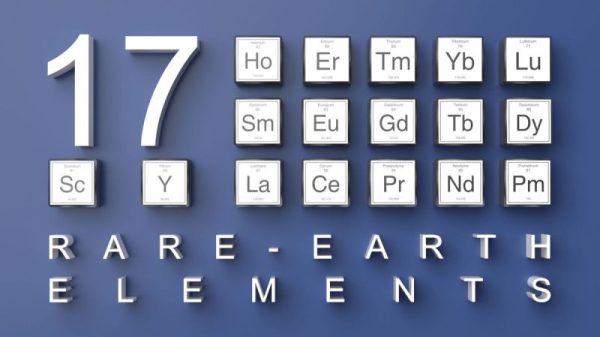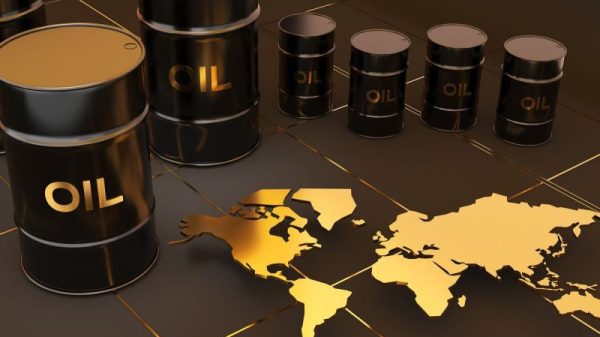Grasslands — also known as prairies, steppes, pampas or savannas — are home to 25% of the world’s population and all kinds of plants and wildlife, including elephants, rhinos and lions.
They also combat climate change by absorbing carbon from the air and storing it underground. Yet, even though they cover more than 50% of the Earth’s surface, just 12% of grasslands are protected, with conservation efforts often overlooking them.
As a result, they are suffering heavily, especially through land degradation — such as the loss of vegetation cover due to overgrazing or the loss of key species due to pollution, agriculture or invasive species — and the replacement of native species with crops.
“Almost 40% of global lands are degraded,” Meier added. “Degradation is a huge problem in grassland and savannas, affecting many of the ecosystem services that they provide to human lives and nature globally.”
Meier points at the production of food as one of the main drivers of nature loss and highlights the urgency of tackling the problems of food systems, including production and consumption. “Our hope for COP16 is really that food system transformation is included as a key driver for sustainable development,” she said. Meier is among the authors of a WWF report that outlines steps towards restoring, conserving, and sustainably managing grasslands, and urges for them to be included in global UN targets aiming to restore 30% of degraded ecosystems and 30% of terrestrial and aquatic environments by 2030.
Nature-positive food production
The path to these goals, according to Meier, is through not just restoration, but the protection and management of what is already there. “We are trying to work with farmers, with ranchers, with those that really supply our food and work on the land to support their livelihoods,” she said, “but also to ensure that they can continue providing food for us in a nature-positive way, without degrading ecosystems, without experiencing water stress, without adding too many pesticides to the landscape.”
Meier believes not enough has been done recently to include food systems in the global climate agenda. “We remain optimistic that COP16 will deliver a strong pathway towards integrated land management — meaning that land is considered not separate from the climate agenda or the biodiversity agenda, but that it is considered in an integrated way.”
Grasslands first appeared millions of years ago due to radical changes in climate and have been key to human survival for at least 10,000 years, by offering pasture for livestock and fields for crops. But they are often left out of global conversations: for example, the Cerrado savanna in Brazil is home to a third of the country’s species and 4,000 plants grow exclusively there, yet it gets a fraction of the attention of its neighbor the Amazon rainforest.
Meier hopes that grasslands and savannas will start to be considered more widely for their crucial role in carbon sequestration, water security and food security, “So that people really understand that these are not empty wastelands or just fields of grass, but that they are actually livelihoods to 2 billion people that depend on the health of this land,” she said.

